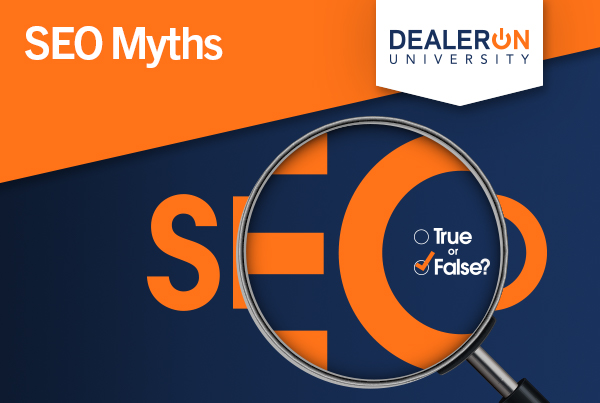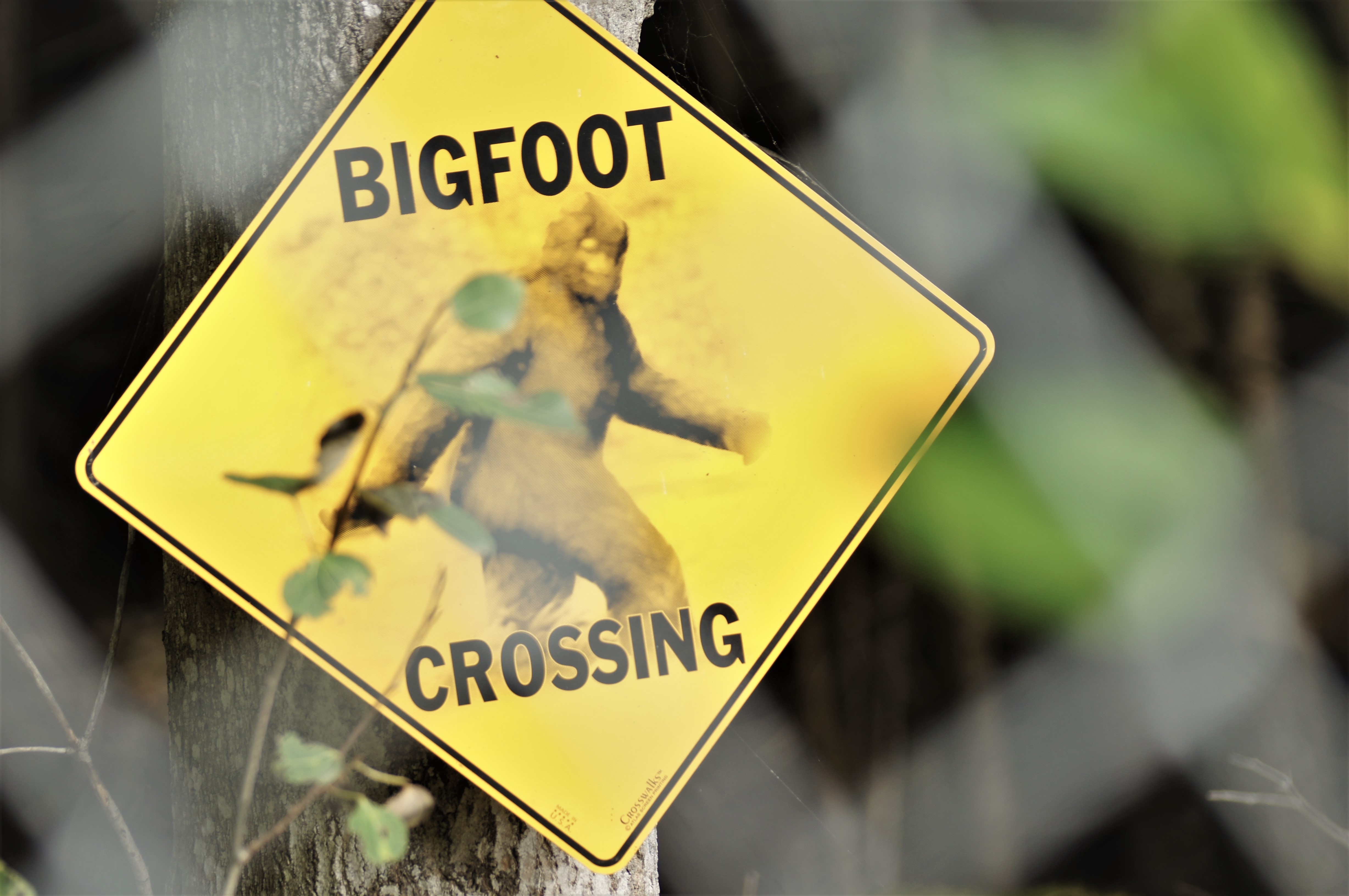

These five SEO myths are about as real as Bigfoot or the Loch Ness Monster and it’s time to stop believing them.

These SEO myths are as relevant as Bigfoot sightings.
The abbreviation “SEO” was first used as early as 1997. Since then, there have been thousands of articles on multitudes of made-up theories about organic search, including the suggestion that “SEO is dead.” Many of these fallacies have been retold to the point of becoming digital marketing folklore, so it’s time to separate fact from fiction.
Ready to take your SEO to the next level?
Schedule a free demo and let us show you how!
Myth 1: Duplicate content is a penalty
This is one of the most common myths I hear. Duplicate content is undesirable, sure, but not because it can penalize your search rankings. In fact, the only time duplicate content is considered part of a manual action penalty, it is because it is being spammily scraped from another website. Duplicate content on your site won’t cause you to fall out of the search results, but replacing it with page copy that is unique to your business and specific to your location will increase the page’s value exponentially.
Myth 2: Title tags have a character limit
Many free SEO audit tools will flag a title tag for character length, either too short or too long, which leads to a belief in this myth. Title tags are measured in pixel length, as opposed to character length – so the number of letters and numbers used are inconsequential. Additionally, Google search results can only display tags up to a certain length in results. Google has recently clarified that title tag length limits are not for ranking, they are merely guidelines for display purposes. So don’t worry about cutting out characters to meet an arbitrary restriction.
Myth 3: Domain Authority is a ranking factor
I have fielded many concerned calls from clients who are worried about Domain Authority in one way or another – either their own score, or the score of sites from which they’re receiving backlinks. The truth is, Domain Authority isn’t even recognized as a ranking factor. This value was created by a digital marketing agency to help site owners understand the quality of a link, but it is much more complex in practice, especially for the Local SEO algorithm. Rather than being overly concerned about the Domain Authority, you should focus more on the relevance and quality of the link itself. Sometimes even low Domain Authority links can provide a ton of value.
Myth 4: There is an optimal content length for ranking
This is another super common myth. I can’t even tell you how many blogs I’ve come across that talk about having too little or too much content, and how this can affect your visibility in search results. Some folks recommend 300-500 words is optimal for ranking, but the truth is there is no perfect number. Rather than focusing on content length, you should focus on the relevance of your copy to the intent of your potential customers’ questions. This is a case where quality far exceeds quantity.
Myth 5: It takes X days to see the effects of SEO
There are many agencies out there who have guarantees about their SEO, such as that it will take 30/60/90 days to see the effects of their efforts. If anyone ever says something like this, run the other way. No matter what someone promises you, SEO doesn’t exist in a vacuum. Web optimization exists to improve your chances of ranking in search, but it isn’t certain. The only way to guarantee results with SEO is by doing something shady, which will always catch up with you in the long run.
Got some more examples of SEO myths, or curious about debunking claims that you’ve come across? Leave us a comment below and we’ll be happy to discuss with you.
More Articles From DealerOn University
- An interview with one of the key members of our SEO leadership team, Darius Byrd
- Avoid these five SEO pitfalls on your website
- An introduction to the world of Google Responsive Search Ads
- We take a look at life after Google’s latest announcement about the death of cookies
- Google’s Behavior Flow Report is a great tool for optimizing your site
- A look at the future of SEO



Awesome content kelcey, as you said duplicate content not leads to penalty untill then you have no issue with search listings, but I have personally seen that when we use to put copy content on side it’s ranking never improved but as we switched to unique and quality content our sites start ranking high on search engine. So I personally try to have unique content in my site, I use copyscape for this.
Hi Vipin, thanks for your comment! Just to clarify – unique content ALWAYS wins over copied/duplicate content. The myth here is that having duplicate content is a penalty. There is no official Google penalty, it just doesn’t do you any good. I hope that makes sense!